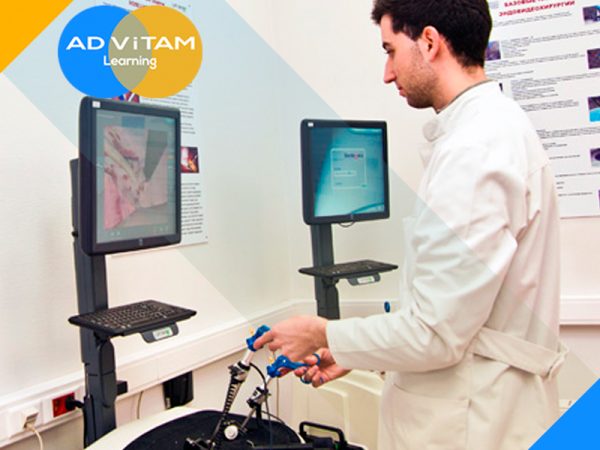Description
Childhood Immunisation | Level 3 | Online Training Course | CPDUK Accredited | Instant Course Access | Includes Assessment & Certificate | Instant Certificate Download.
Welcome to our online Childhood Immunisation training course for front-line healthcare and social care providers.
Childhood immunisation is a highly successful public health intervention that protects individuals across their life course. Also, child immunisations help to save thousands of lives across the world every year. To ensure ongoing public confidence in vaccines and high vaccine uptake, all those who advise on and/or administer immunisations must be confident, knowledgeable and up to date. This e-learning course was designed in line with the recommendations made in the Public Health England (PHE) National Minimum Standards and Core Curriculum for Immunisation Training.
Our online Childhood Immunisation training course comprehensively covers the core areas of immunisation with which healthcare practitioners must be familiar with to deliver immunisations safely and effectively. Healthcare practitioners must also be able to answer commonly asked questions confidently and accurately. This module covers the UK current immunisation schedule for children, including recent changes, special considerations, and contraindications to immunisations and what to do about them.
Certificate duration: 2 years
Entry requirements: No entry restrictions
Recommended prerequisites: N/A
Assessment type: End of course assessment
Assessment pass mark – 80% needed to pass and gain a CPD certificate
Cost(s) of assessment and certification – All costs included in the course price
Awarding/Accrediting body – CPD Certification Service (CPDUK)
Who is the course for?
This online Childhood Immunisation training course was developed for healthcare professionals who have a responsibility to administer immunisations, including:
- General practitioners
- NHS and private sector doctors
- Registered nurses.
What is covered in this course?
This online Childhood Immunisation training course includes the following:
- Unit 1 – Introduction
- Unit 2 – Types of vaccines
- Unit 3 – Information on immunisation for specific groups
- Unit 4 – Contraindications and special considerations to influenza vaccine
- Unit 5 -Contraindications and/or deferral of immunisation
- Unit 6 – Special considerations
Course aims
The aims and objectives of this online Childhood Immunisation training course is to improve the learners’ knowledge regarding UK immunisation schedules. This course does not cover childhood travel immunisations because these are administered in specialist travel clinics outside of the routine immunisation schedules.
Learning outcomes
On completion of this online Childhood Immunisation training course, you will:
- Know the different types of vaccines for children,
- Know the current immunisation schedules for children in the UK,
- Understand the recent changes to the UK childhood immunisation schedules,
- Know when a vaccine is contraindicated, should be deferred, or requires special consideration,
- Be able to answer the common parental concerns regarding vaccines and childhood immunisations,
- Be aware of the potential future changes in the routine immunisation schedule, and
- Ensure that you get the necessary additional training and assessment in line with local policies and procedures.
Why is this online Childhood Immunisation course important?
Healthcare practitioners from a wide diversity of professional backgrounds now administer immunisations in many different settings and service areas. This online child immunisation course was designed to be relevant to all healthcare practitioners with a role in immunisation, whether they advise on or administer immunisations.
Most of the information in this e-learning course is relevant for those involved in the immunisation programme in all the UK nations. However, those undertaking the programme in Northern Ireland, Scotland and Wales, should be aware that some details, such as the ordering and reporting of vaccines given may be different.








